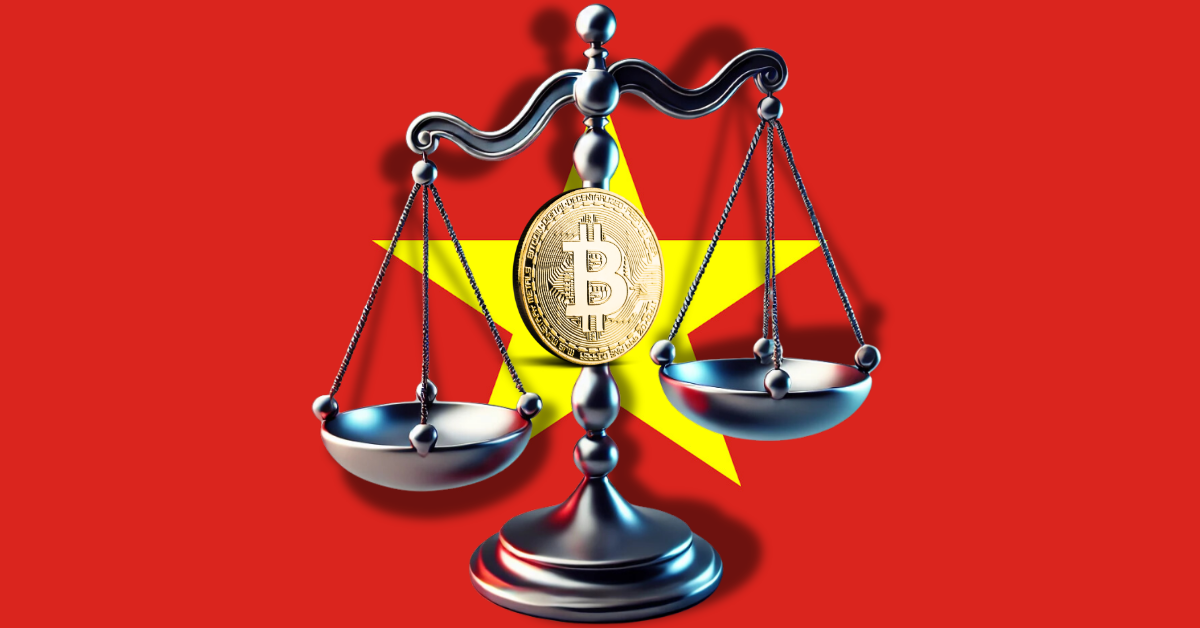Navigating the Regulatory Wave: Singapore’s Stance on Unlicensed Crypto Exchanges and Its Industry Impact
The cryptocurrency industry is experiencing a pivotal shift as Singapore enforces stringent regulations against unlicensed digital asset exchanges. This move, led by the Monetary Authority of Singapore (MAS), not only reshapes the local crypto landscape but also sends ripples across the global market. Understanding this transformation requires a deep dive into the regulatory motivations, the consequences for prominent market players, and the broader implications for digital finance’s future.
The New Regulatory Landscape in Singapore
For years, Singapore balanced innovation-friendly policies with regulatory oversight, carving a niche as a Southeast Asian fintech hub. Its relatively accommodating stance allowed crypto firms certain operational flexibilities, especially those without full licensing under the Digital Token Service Providers (DTSP) regime. However, this era of leniency is drawing to a close.
MAS’s crackdown aligns with its fiduciary responsibilities under the Financial Services and Markets Act (FSM Act) 2022 and the Payment Services Act (PSA). By mandating DTSP licensing and enforcing compliance even for services targeting international users, Singapore explicitly targets regulatory loopholes exploited by unlicensed exchanges. These measures aim to safeguard against financial crimes like money laundering and stabilize the growing cryptocurrency market by introducing transparency and consumer protection.
This decisive pivot mirrors a global regulatory trend emphasizing stricter oversight and market integrity, signaling Singapore’s transition from a permissive sandbox to a robust compliance environment.
The Ripple Effects on Bitget, Bybit, and Industry Players
Two of the world’s top-10 crypto exchanges by volume, Bitget and Bybit, stand at the forefront of this regulatory storm. Operating historically without licenses within Singapore’s jurisdiction, these giants now face an ultimatum demanding cessation of services by June 30, 2025. Their strategic responses—ranging from staff relocations to shifting operations to jurisdictions like Dubai and Hong Kong—reflect a growing trend of regulatory-driven geographic realignment in the crypto industry.
The implications extend beyond these firms:
– Operational Disruptions: Unlicensed exchanges must orchestrate complex transitions, affecting user access and internal workflows.
– Talent Exodus: The migration of skilled crypto professionals to new hubs impacts Singapore’s local ecosystem and fuels competitive advantages elsewhere.
– Regulatory Risk Shifts: Exchanges are reevaluating operational bases, favoring jurisdictions with clearer or comparatively relaxed frameworks.
– Access and Market Dynamics: Singapore-based investors may face decreased availability of certain platforms, bolstering demand for regulated service providers or offshore alternatives.
While these immediate challenges could disrupt trading continuity, they symbolize the broader industry push toward accountability and regulatory conformity.
Emerging Crypto Havens: Beyond Singapore’s Borders
The tightening grip in Singapore accelerates a global reshuffling of crypto-friendly jurisdictions. Dubai, Hong Kong, and Japan emerge as hotspots, each offering distinct regulatory advantages:
– Dubai: Known for flexible crypto regulations and tax benefits, making it attractive for exchange relocations.
– Hong Kong: Advancing a revamped licensing regime balancing compliance enforcement and fintech innovation.
– Japan: Maintaining a well-established regulatory framework renowned for rigor and clarity in digital asset oversight.
Despite these attractive traits, relocation is complex. Companies must navigate varying licensing criteria, anti-money laundering protocols, and local interpretations of crypto regulations. Singapore’s approach signals a broader global push for tighter crypto governance, requiring exchanges to evolve rapidly to remain viable.
Broader Industry Lessons and Future Outlook
Singapore’s enforcement action aligns with an increasing international resolve to curtail regulatory arbitrage in crypto markets. By closing gaps for unlicensed operation, it fosters greater trust in the digital asset ecosystem, a critical factor for institutional investor confidence and mainstream adoption.
This regulatory evolution prompts firms to integrate compliance into their core strategies, likely yielding:
– Enhanced risk management systems and consumer safeguards.
– Greater operational transparency, boosting legitimacy.
– Market consolidation as smaller players either comply or exit.
Regulators worldwide face the challenge of nurturing innovation without compromising financial stability, prompting an ongoing balancing act critical to the sector’s sustainable growth.
Conclusion: A Regulatory Turning Point for Cryptocurrency
Singapore’s crackdown represents a watershed moment, marking the decline of regulatory ambiguity within a leading Asian financial center. As exchanges like Bitget and Bybit recalibrate or relocate, the industry must acknowledge that compliance is no longer optional—it is foundational.
This shift crystallizes the evolving intersection between digital assets and traditional finance, highlighting compliance and legitimacy as currency in their own right. For firms ready to align with these new realities, the path forward is ripe with opportunity. For others, the message is clear: adapt swiftly or risk obsolescence. Singapore’s action stands as a powerful reminder that the future of crypto depends on regulatory integration as much as technological innovation.

